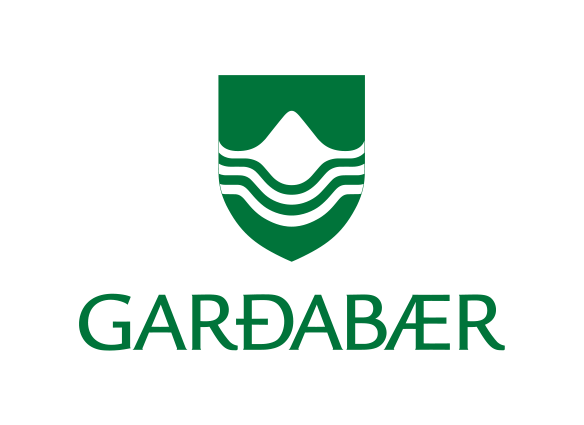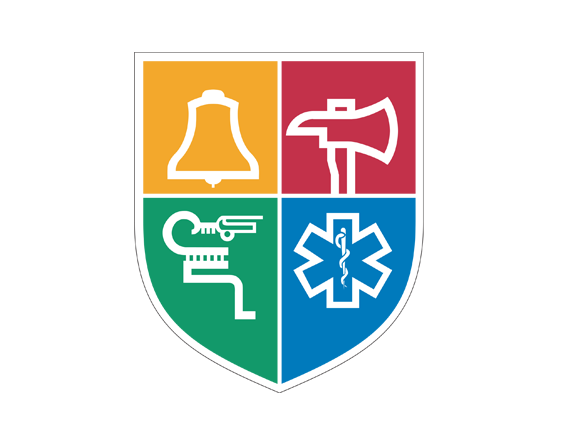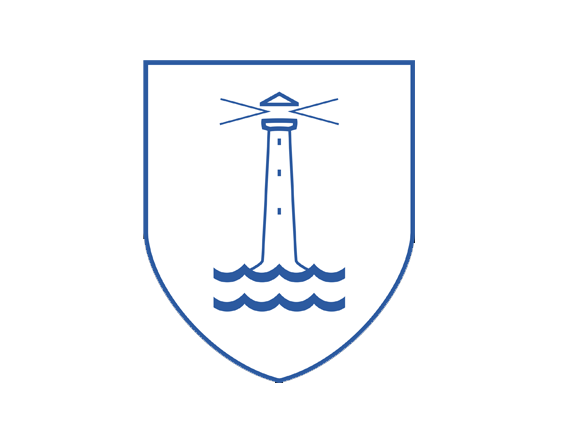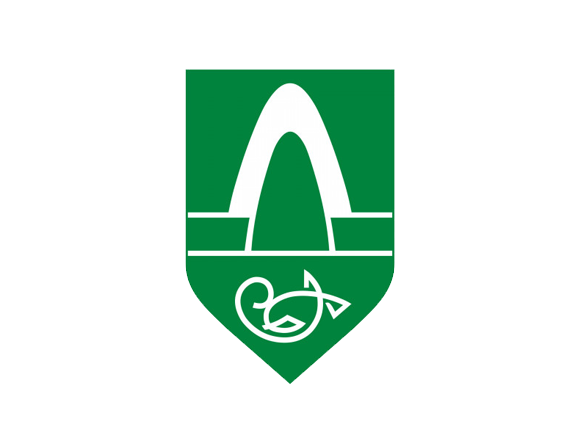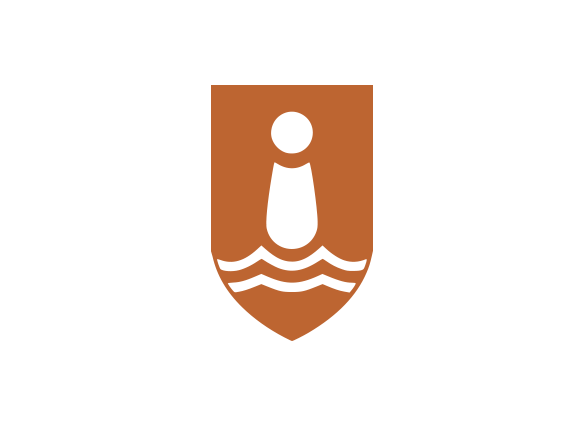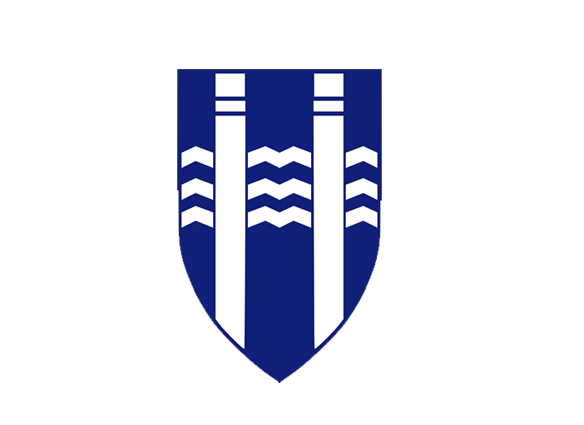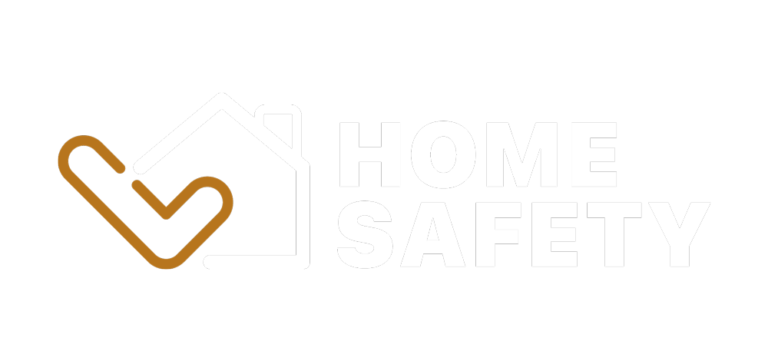
We care about the safety of everyone living and staying in Iceland, both long term and short term residents. There is concern that some residents are housed in drastically worse conditions than others. We wish to understand the scope of this issue and make improvements to meet the needs of those living in unsafe conditions. These worries are in part due to the deadly fire in Bræðraborgarstígur in 2020. We hope that this project can increase safety and prevent a repetition of this tragic event. That requires changes and we are looking to you for help. We encourage you to read the following information about this project.
Húsnæðis- og mannvirkjastofnun (HMS, The Icelandic Housing and Construction Authority) was requested by the Minister of Social Affairs and Children to form proposals on how to improve fire safety in places where people live. Many of us remember deadly fire on Bræðraborgarstígur in Reykjavík where three people died. More were seriously injured and the residents lost their properties and homes. HMS investigated the fire and based on the investigation and the outcome of a workgroup on residence in industrial buildings formed thirteen reform proposals. One of these thirteen proposals is to undertake a mapping of how many people are living in industrial buildings, the status of fire safety measures, and the social circumstances of the people living in such residences.
What are we doing?
We want to map the situation: how many people are living in buildings registered as industrial buildings. We do this by approaching the residents and having them answer a few questions. The questions relate to fire safety, reasons for their choice of housing, number of residents, and other social factors. The information that residents give us helps us get a comprehensive picture of how many people are truly living in industrial buildings, the status of fire prevention measures, and the residents’ social circumstances. We will visit you in weekends or in the evenings during the week.
1
Why?
We care about the safety of everyone living and staying in Iceland. We are especially worried about the safety of those living in industrial buildings and we want to improve their safety. To be able to do that, we need to know the scope of the problem so that we can take the appropriate measures and actions. The information we get from residents helps us to understand the situation and to respond accordingly. We want to create a better, safer society and with your help, we believe we can do that.
2
What does this project mean for you?
We will not take down your name or social security number, and we will try our very best to make all the information non-personally identifiable. We want you to live in good conditions with fire protection in order and we hope that with your help we can bring about positive changes for people living in industrial buildings and with poor fire safety.
3
What happens if you answer?
You can help us understand the problem while also helping us do better when it comes to housing and safety by answering our questions and having a conversation with us. The situation is more likely to change if you help us by answering our questions.
4
What happens if you do not answer?
Nothing! You are not obligated to answer but we would be very grateful if you help us create a safer environment for you and others living or dwelling in Iceland by taking part and answering our questions.
5
The team behind the project consists of representatives from
The inspectors visiting you are specially hired for this mapping project and they only work within the specified framework of the project. They come from a diverse background and have diverse language skills. They have received a substantial training, customised for this project.
Housing
Everyone needs a roof over their head and housing situation can vary. Some rent and others own a home. There are many things to consider when choosing a home, for example:
There are a variety of rental sites, but the information can be difficult to find. Housing ads are often published in the newspapers, but also in a number of Facebook groups and websites where people advertise housing for rent or buying.
Click this link to see a list of information sites about rental housing
Housing benefits are monthly payments that are meant to assist those renting a home whether they rent through the social system, student apartments, or in the general rental market. The amount is varied and depends on several factors.
The applicant and other residents must meet some conditions to be entitled to housing benefits.
- Applicant and all residents must be living in a residential building and have domicile there.
- The applicant for housing benefits must be aged 18 years or older. Other residents can be under 18 years old.
- The property must have at least one bedroom, separate cooking facility, separate bathroom and bathing facility.
- The applicant must have an officially registered rental agreement, valid for at least three months
- The applicant and other residents aged 18 or older must give their consent to information gathering
For more information about conditions, exceptions and calculator:
https://island.is/en/housing-benefits
You can apply for housing benefits here:
You can apply for housing assistance through a social advisor. Keep in mind that each application is evaluated separately and must comply with the rules of each municipality.
HMS provides loans for individuals who want to purchase, build or renovate a residential property. Banks and other credit institutions also provide housing loans.
You will find more information about housing loans from HMS here:
We recommend getting a lease (rent contract) and having it officially registered.
Why have a lease?
- A lease guarantees you certain rights.
- You will need a lease to apply for a loan to cover a deposit.
- You will need a lease to apply for housing benefits.
- You will also need a lease to apply for special housing assistance.
Here you will find more information about leasing residential housing :
https://island.is/en/registration-of-a-lease-in-the-hms-rent-register
Social rental flats in Reykjavík are leased to individuals domiciled in Reykjavík who are not able to support themselves or their families due to low income, high cost of living, or other social circumstances.
You will find more information here: Social housing (reykjavik.is)
Fire protection in the home
Every home should have the following equipment for fire protection: smoke detectors, fire extinguishers and fire blankets. It is also important that residents prepare escape plans and that they know at least two escape routes out of the home.
- Situated on each floor
- Inside each bedroom and outside
- In all rooms and spaces where electronics are situated
- Tested every month, have functioning batteries, and are no more than 10 years old
- Situated near exits and escape routes
- Attached to a wall with the appropriate equipment to use
- Clearly visible and accessible
- Familiar to residents so they know how to use them and where they are located
- Renewed and maintained as needed
- The responsibility of adults, and children should not use them unless they have the maturity and ability to do so – children should first and foremost focus on getting out
- In every home
- Attached to a wall in the kitchen
- Situated near the stove/cooktop
- Accessible and visible in the kitchen
- Familiar to residents so they know how to use them and where they are located
- Do not leave an appliance running in the kitchen, while cooking
- Do not leave cloths or rags near the stove/cooktop
- Make sure that grills, fans and other contact surfaces are regularly cleaned, to prevent the collection of fat
- Unplug any appliances that are not in use
- Avoid connecting too many plugs in each socket
- Keep all clothes, curtains, toys and other flammables in at least one meter distance from radiators and other sources of heat
- Dispose properly of broken electronics and other heat sources and do not store them in the home
- Clean your dryer regularly to prevent too much lint gathering
- All residents should know at least two clear routes out of the home
- Everyone should have prepared an escape plan for their home
- Residents should agree on one meeting point outdoors, in case of fire
- If a floor does not have to escape routes, an emergency ladder must be set up
- Everyone must know not to use elevators during a fire

